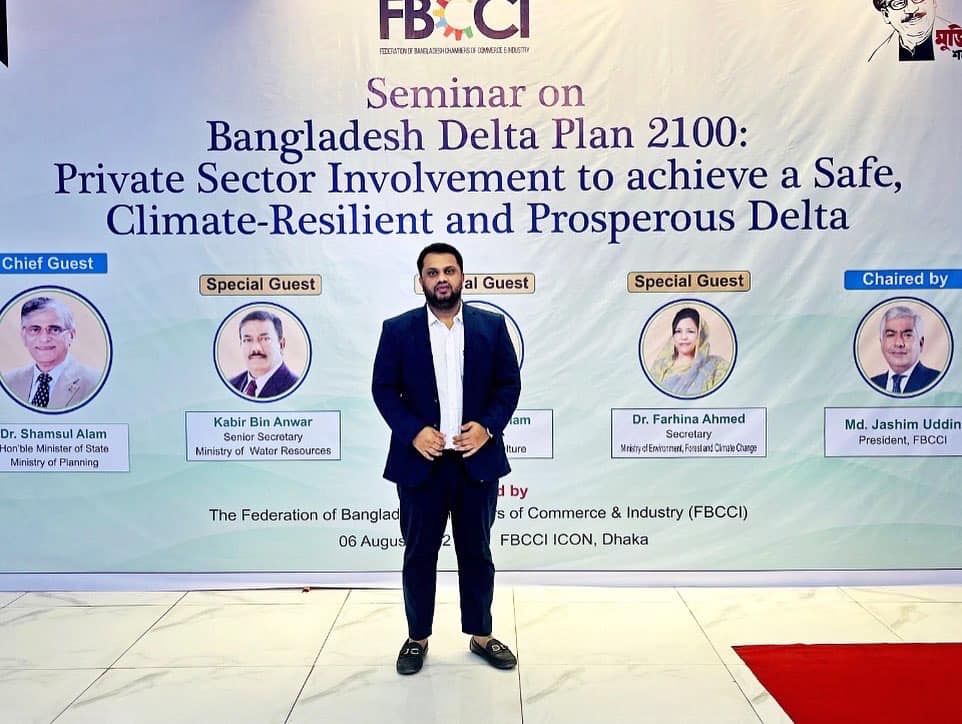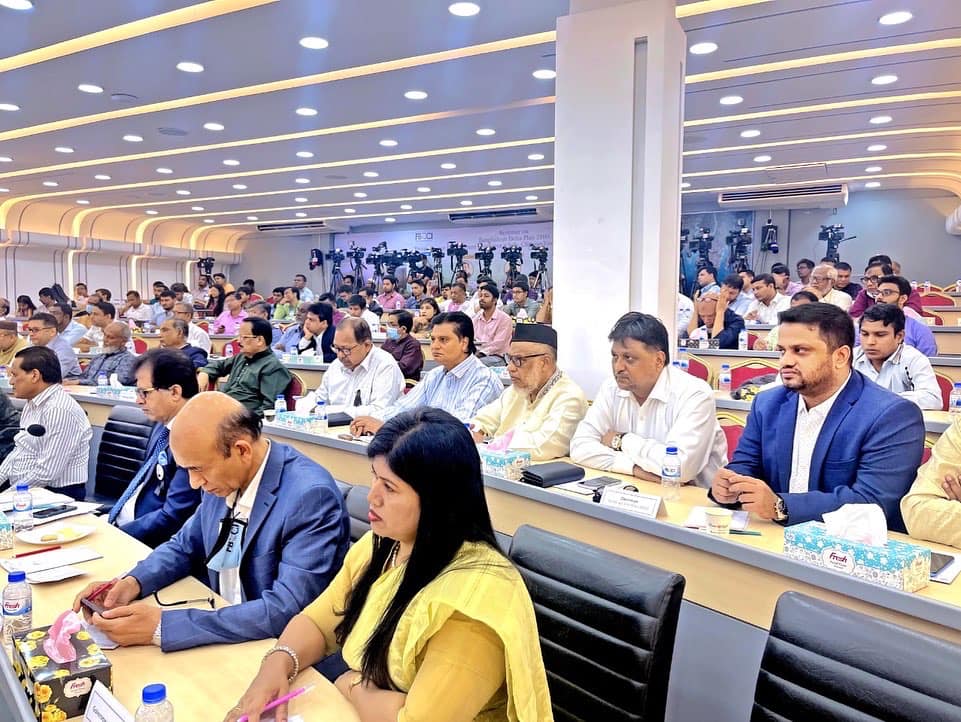
In a country like Bangladesh, where food is central to our culture and livelihood, ensuring food safety is not just a regulation—it is a responsibility. As a proud member of the Federation of Bangladesh Chambers of Commerce and Industry (FBCCI), I have had the opportunity to be actively involved in discussions and initiatives surrounding food standards, hygiene, and consumer rights.
My experience in the restaurant industry through Alkaderia Limited has given me a front-row seat to the importance of safe, quality food. Through my work with FBCCI, I’ve expanded that commitment to a national level—advocating for better systems, stronger enforcement, and greater awareness.
The Urgency of Food Safety
Food safety is more than just a business requirement—it is a matter of public health. Every year, thousands of people fall ill due to contaminated or poorly handled food. This affects not only individual lives, but also the economy, tourism, and global perception of our food industry.
Whether it’s ensuring clean cooking conditions, regulating food additives, or maintaining proper storage methods—every step in the food chain matters. And as someone deeply involved in both business and policy discussions, I feel it’s my duty to speak up and take action.
What I’ve Learned from FBCCI

Being part of the FBCCI has given me access to policy platforms, expert workshops, and dialogue with key stakeholders, including government officials, health experts, and industry leaders. Some key insights I’ve gathered include:
• Need for Training: Many food handlers lack proper training. We need more skill development programs to educate them on hygiene, temperature control, and cross-contamination.
• Consumer Awareness: Educated consumers can demand better standards. Public campaigns are essential to help people understand what safe food looks like and what they should avoid.
• Policy and Monitoring: Strong policies are only useful if enforced. Bangladesh has food safety laws, but we must ensure regular inspections and fair implementation.
• Collaboration is Key: Government, private sector, and civil society must work together. No one can ensure food safety alone—it requires a national mindset.
How Alkaderia Practices What We Preach
At Alkaderia Limited, I’ve always ensured that food safety is at the heart of our operations. We follow strict hygiene protocols, invest in regular staff training, and maintain high-quality sourcing. Whether it’s the oil we use or the way our kitchen is cleaned, we do everything to meet—and often exceed—national standards.
This commitment has earned us the trust of thousands of customers, and it’s something I take great pride in. I’ve often used my restaurants as real-life models during FBCCI discussions—proving that food safety and profitability can go hand in hand.
Advocating for a Healthier Future
One of my current goals is to help expand food safety education at the grassroots level. I’m working with other FBCCI members to propose awareness programs in schools, markets, and rural areas. Our dream is to create a generation that not only eats safely but demands safety from producers and vendors alike.
We are also discussing how technology can be used—from digital traceability systems to mobile apps that alert consumers about unsafe products.
Final Thoughts
Food is more than nourishment—it’s dignity, tradition, and survival. As someone who has dedicated much of his life to the food industry, and as a member of FBCCI, I am committed to making food safety a national priority. Together, we can build a healthier, stronger Bangladesh.

